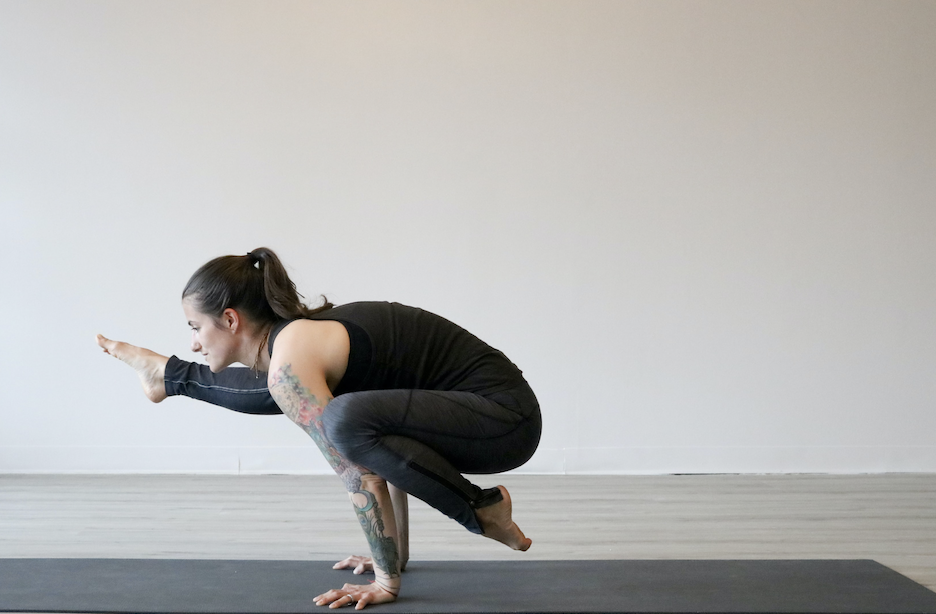Hypnosis: The Athlete’s Secret to Peak Performance

It’s the back pocket secret thousands of athletes have hidden for years. Entire Olympic teams have trained with it, from the Russians, to the Swiss, to even the Americans. From Kobe Bryant to Michael Jordan, Wayne Gretzky to Lance Armstrong, and from Mohammed Ali to Ken Norton, thousands of A-List athletes have reached their peak using one tool: Hypnosis.
Though it may sound new-age, hypnosis for sports performance is a time-tested technique. Athletes have used hypnotic tools like future-paced visualization to train their brains for decades. The Russian Olympic team even made The New York Times way back in 1977 for their use of hypnosis.
But isn’t hypnosis mind-control and manipulation? Isn’t it all a fake, disproven by science? Would I have to see some creep with a swinging watch?
As a certified hypnotist, I’m here to debunk all of those myths, because athletes all across Texas deserve to know this powerful method to fitness success. Let’s dive in.
Myth #1: Hypnosis is Mind-Control
Forget what you’ve seen in the movies. Hypnosis, by its nature, cannot be mind control. Here’s why: Hypnosis is a state of trance that the subject themselves creates. Let me say that again — the person in hypnosis creates their own hypnosis.
Hypnosis, in many ways, is like guided meditation. For many, this is exactly what hypnosis feels like. Most guided meditations are actually (unintentional) hypnosis sessions, and even the modern mindfulness movement is linked to hypnosis.
Like a guided meditation teacher, a hypnotist’s job is simply to use language patterns to help their clients create a deep trance, for example, it is not something they do to other people, but rather a state they help clients access.
Like in meditation, hypnosis is all about reaching a deep level of trance. However, where meditation focuses on calm and awareness, hypnosis lets people build in beneficial suggestions during that highly suggestible state (but just because they’re suggestible, doesn’t mean they’re in danger).
The sole purpose of your unconscious mind is to keep you safe and healthy. By unconscious, I simply mean the parts of your brain you don’t consciously think about. Your unconscious regulates your liver enzymes, heart synchronizations and lung functions, as well as the hundreds of emotions that you feel every day.
If your unconscious hears any suggestion during hypnosis that it disagrees with, it will snap you out of trance — no questions asked. A good hypnotist will work with their clients before each session to phrase their goals in their own words. All the suggestions given are suggestions that we have both agreed upon, because your brain won’t accept anything else.
Myth #2: Science has debunked hypnosis.
Wrong again. Since the 1800’s, science has actually proven hypnosis’ efficacy time and time again. In 1892, the British Medical Association approved hypnotherapy as treatment, saying it was, “effective in relieving pain, procuring sleep, and alleviating many functional ailments.”
The BMA reviewed this study in 1955 and found it still true.
The American Medical Association followed in 1957. And in 1961, the AMA’s Council on Mental Health went further, recommending all doctors and medical students undergo at least 144 hours of hypnotherapy training.
From the American Dental Association to the British Psychological Society, and from the American Psychological Association to the National Cancer Institute, hypnosis has been trusted for decades — but what does science say about hypnosis for athletes?
In their 2016 review, researchers Straub and Bowman wrote:
“Whether it is overcoming a mental block, building a sharper focus for mental imagery, or increasing self-confidence, Sport Hypnosis has been helping athletes and coaches engage in an elusive but effective mental process to improve training and performance for more than 100 years.”
So, the question everyone asks: Will hypnosis make me a gold medalist overnight? Well, not quite.
Hypnosis is an incredible tool to get your mental game squared away. If you let it, hypnosis can change your mind at the identity level, making you (mentally) someone at the top of their game. Then, all it takes is a little time for your body — and your life — to catch up.
Myth #3: Hypnotists are watch-swinging creeps.
Having met hundreds of hypnotists, I can tell you this: no one swings pocket watches.
The idea’s simply outdated — just like most of the ideas people still hold about hypnosis. True, a few stage hypnotists swing a watch because they’re playing up what the public expects.
But for hypnotists who do change work, it’s a myth.
In reality, hypnotists are everyday professionals — some are licensed therapists and others are dentists, doctors and psychologists.
And hypnotists are everywhere. The Austin area even boasts over 50 hypnosis practices, some through virtual appointments and others in person.
There are hypnotists who specialize in athletics as well. From peak performance to speeding recovery, the hypnosis they give helps athletes reach their full potential. These aren’t people doing this part-time in their garage. These are certified professionals, trained by the very best.
So let’s get down to the one truth you need to know about athletic hypnosis: this stuff works.
Think back to the A-list athletes: Kobe Bryant, Wayne Gretzky, Mohammed Ali. I’m sure they were skeptical when they first heard of hypnosis. But this powerful tool that can’t be overlooked. If you’re an athlete not using this to your advantage, you may eventually be beaten by someone who is.
Why? Because sports performance starts in the mind and hypnosis, for all its misconceptions, is one of the most effective tools to improve your mental game.
So I ask you: what’s holding you back from reaching your peak?
And how will hypnosis help you overcome it?






